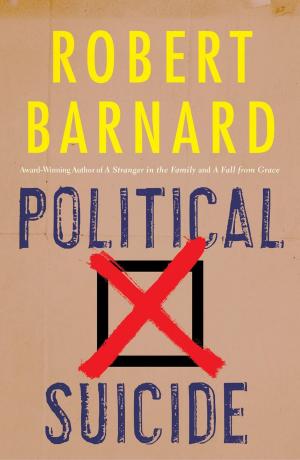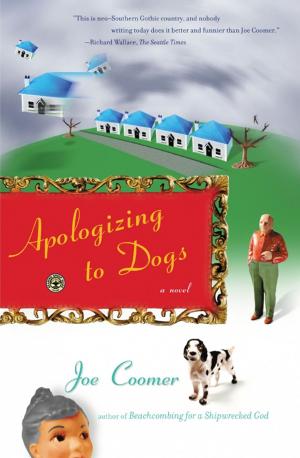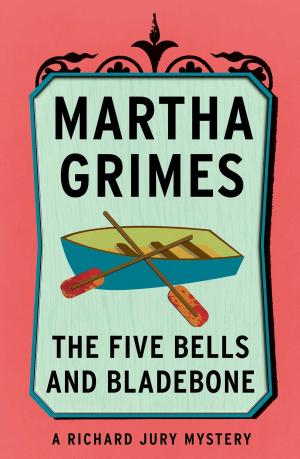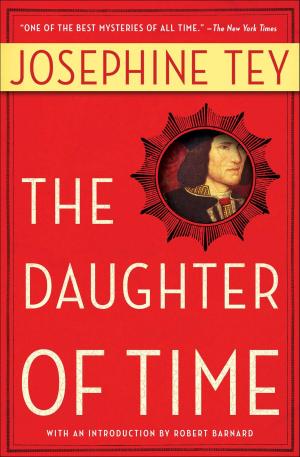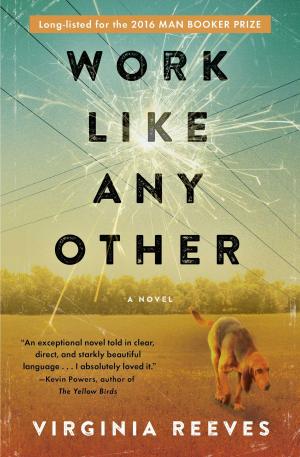The Pine Tar Game
The Kansas City Royals, the New York Yankees, and Baseball's Most Absurd and Entertaining Controversy
Nonfiction, Sports, Baseball, History, Biography & Memoir, Americas, United States, 20th Century| Author: | Filip Bondy | ISBN: | 9781476777191 |
| Publisher: | Scribner | Publication: | July 21, 2015 |
| Imprint: | Scribner | Language: | English |
| Author: | Filip Bondy |
| ISBN: | 9781476777191 |
| Publisher: | Scribner |
| Publication: | July 21, 2015 |
| Imprint: | Scribner |
| Language: | English |
The New York Times bestseller—“a rollicking account” (The Kansas City Star) of the infamous baseball game between the Yankees and Royals in which a game-winning home run was overturned and set off one of sports history’s most absurd and entertaining controversies.
On July 24, 1983, during the finale of a heated four-game series between the dynastic New York Yankees and small-town Kansas City Royals, umpires nullified a go-ahead home run based on an obscure rule, when Yankees manager Billy Martin pointed out an illegal amount of pine tar—the sticky substance used for a better grip—on Royals third baseman George Brett’s bat. Brett wildly charged out of the dugout and chaos ensued. The call temporarily cost the Royals the game, but the decision was eventually overturned, resulting in a resumption of the game several weeks later that created its own hysteria. The game was a watershed moment, marking a change in the sport, where benign cheating tactics like spitballs, Superball bats, and a couple extra inches of tar on an ash bat, gave way to era of soaring salaries, labor strikes, and rampant use of performance-enhancing drugs.
In The Pine Tar Game acclaimed sports writer Filip Bondy paints a portrait of the Yankees and Royals of that era, replete with bad actors, phenomenal athletes, and plenty of yelling. Players and club officials, like Brett, Goose Gossage, Willie Randolph, Ron Guidry, Sparky Lyle, David Cone, and John Schuerholz, offer fresh commentary on the events and their take on the subsequent postseason rivalry. “A sticky moment milked for all its nutty, head-shaking glory” (Sports Illustrated), The Pine Tar Game examines a more innocent time in professional sports, and the shifting tide that resulted in today’s modern iteration of baseball.
Some watchers of the Royals’ 2015 World Series win over New York’s “other baseball team,” the Mets, may see it as sweet revenge for a bygone era of talent flow and umpire calls favoring New York.
The New York Times bestseller—“a rollicking account” (The Kansas City Star) of the infamous baseball game between the Yankees and Royals in which a game-winning home run was overturned and set off one of sports history’s most absurd and entertaining controversies.
On July 24, 1983, during the finale of a heated four-game series between the dynastic New York Yankees and small-town Kansas City Royals, umpires nullified a go-ahead home run based on an obscure rule, when Yankees manager Billy Martin pointed out an illegal amount of pine tar—the sticky substance used for a better grip—on Royals third baseman George Brett’s bat. Brett wildly charged out of the dugout and chaos ensued. The call temporarily cost the Royals the game, but the decision was eventually overturned, resulting in a resumption of the game several weeks later that created its own hysteria. The game was a watershed moment, marking a change in the sport, where benign cheating tactics like spitballs, Superball bats, and a couple extra inches of tar on an ash bat, gave way to era of soaring salaries, labor strikes, and rampant use of performance-enhancing drugs.
In The Pine Tar Game acclaimed sports writer Filip Bondy paints a portrait of the Yankees and Royals of that era, replete with bad actors, phenomenal athletes, and plenty of yelling. Players and club officials, like Brett, Goose Gossage, Willie Randolph, Ron Guidry, Sparky Lyle, David Cone, and John Schuerholz, offer fresh commentary on the events and their take on the subsequent postseason rivalry. “A sticky moment milked for all its nutty, head-shaking glory” (Sports Illustrated), The Pine Tar Game examines a more innocent time in professional sports, and the shifting tide that resulted in today’s modern iteration of baseball.
Some watchers of the Royals’ 2015 World Series win over New York’s “other baseball team,” the Mets, may see it as sweet revenge for a bygone era of talent flow and umpire calls favoring New York.








